Acheter un bien immobilier au Maroc en tant qu’étranger, Vous envisagez d’acheter ou de vendre un bien immobilier au Maroc en tant qu’étranger ? Il est essentiel de comprendre les démarches à suivre et les particularités du Maroc . Dans cet article, nous répondrons à certaines questions clés pour vous aider à naviguer dans ce processus passionnant mais complexe.
Quelles sont les options pour trouver un bien immobilier au Maroc ? Comment se déroule le processus d’achat d’un bien immobilier au Maroc ? Quelles sont les précautions à prendre lors du versement d’avances ou de dépôts de garantie ? Quelles sont les procédures de choix d’un notaire au Maroc ? Quelle est la langue utilisée dans les transactions immobilières et quels sont les documents nécessaires ?
Dans les sections suivantes, nous explorerons ces questions plus en détail, en vous fournissant des informations précieuses pour vous guider tout au long de votre parcours d’achat ou de vente immobilière.
Les différentes options pour trouver un bien immobilier au Maroc
Lorsqu’il s’agit de trouver un bien immobilier, il existe plusieurs options à considérer. La première option courante est de passer par une agence immobilière. Les agences immobilières ont accès à une large base de données de biens disponibles à la vente. Elles peuvent vous aider à trouver un bien qui correspond à vos critères et faciliter les démarches administratives. De plus, les agents immobiliers peuvent vous fournir des conseils professionnels et négocier les termes de l’achat en votre nom.
Une autre option est de rechercher des biens immobiliers sur des sites internet spécialisés. Ces sites regroupent des annonces provenant d’agences immobilières, mais également de particuliers. Vous pouvez effectuer des recherches en spécifiant vos critères de localisation, de type de bien, de prix, etc. Cette option vous permet d’avoir un aperçu plus large du marché immobilier et de contacter directement les vendeurs ou les propriétaires pour obtenir plus d’informations ou organiser des visites.
Enfin, vous pouvez également opter pour des méthodes plus traditionnelles, telles que consulter les petites annonces dans les journaux locaux ou demander à votre réseau personnel. Parfois, des opportunités intéressantes peuvent être découvertes par le bouche-à-oreille. Si vous recherchez un bien immobilier dans une zone spécifique, il peut être utile de parler à des amis, des collègues ou des membres de votre famille qui pourraient avoir des connaissances ou des contacts dans cette région. Cela peut vous donner accès à des biens qui ne sont pas encore sur le marché ou à des offres exclusives.
Voici quelques exemples de sites de recherche de biens immobiliers au Maroc :
- Avito.ma : Avito est l’un des sites de petites annonces les plus populaires au Maroc, offrant une catégorie spécifique pour les annonces immobilières. Vous pouvez trouver une grande variété de biens immobiliers, tels que des appartements, des maisons, des terrains et des locaux commerciaux, dans différentes villes du pays.
- Mubawab.ma : Mubawab est un portail immobilier qui permet aux utilisateurs de trouver des biens immobiliers dans différentes villes marocaines. Le site offre une recherche intuitive et fournit des informations détaillées sur chaque propriété, y compris des photos, des descriptions et des coordonnées pour contacter directement les agents immobiliers.
- Sarouty.ma est un autre site très populaire au Maroc pour la recherche de biens immobiliers. Sarouty offre une large gamme de propriétés résidentielles et commerciales à vendre et à louer dans différentes villes marocaines.
Il est important de noter que la liste ci-dessus n’est pas exhaustive et qu’il existe d’autres sites de recherche immobilière au Maroc. Il est recommandé de consulter plusieurs sources et de contacter directement les agents immobiliers pour obtenir des informations précises et à jour sur les biens qui vous intéressent.

Comment se déroule le processus d’achat d’un bien immobilier au Maroc ?
L’achat d’un bien immobilier au Maroc est un processus bien réglementé qui suit plusieurs étapes. Tout d’abord, le futur acheteur doit chercher le bien qui correspond à ses besoins et à son budget. Une fois le bien sélectionné, il est essentiel de vérifier attentivement les documents juridiques le concernant. Un spécialiste en immobilier peut être engagé pour s’assurer de la légalité de la propriété, vérifier s’il y a des charges ou des litiges en cours, et s’assurer que tous les anciens impôts liés à la propriété ont été payés.
Après avoir confirmé la fiabilité du bien, l’acheteur et le vendeur doivent signer un avant-contrat devant notaire, généralement appelé » compromis de vente « . Cet avant-contrat précise les conditions de vente, le prix final, les modalités de paiement et la date de signature de l’acte authentique chez le notaire. À ce stade, l’acheteur devra verser une partie du montant total de la transaction à titre d’acompte. Cet avant-contrat est contraignant pour les deux parties.
Après avoir signé le compromis de vente, l’acheteur doit obtenir une autorisation préalable auprès de la Direction Générale des Impôts marocaine pour l’acquisition d’un bien immobilier en tant qu’étranger. Ensuite, vient la signature de l’acte authentique de vente chez le notaire, où le reste du montant dû est payé, et la propriété est officiellement transférée à l’acheteur. Le notaire se charge d’enregistrer la transaction auprès du service de la conservation foncière. Enfin, l’acheteur est responsable de la déclaration fiscale et du paiement des droits d’enregistrement et des taxes foncières applicables.
Gardez à l’esprit que le processus peut varier en fonction de la nature spécifique de la propriété, mais ces étapes représentent généralement le déroulement standard d’une acquisition immobilière au Maroc. Il est fortement recommandé de s’entourer de professionnels tels qu’un spécialiste en immobilier et un notaire pour s’assurer que toutes les démarches légales sont respectées.
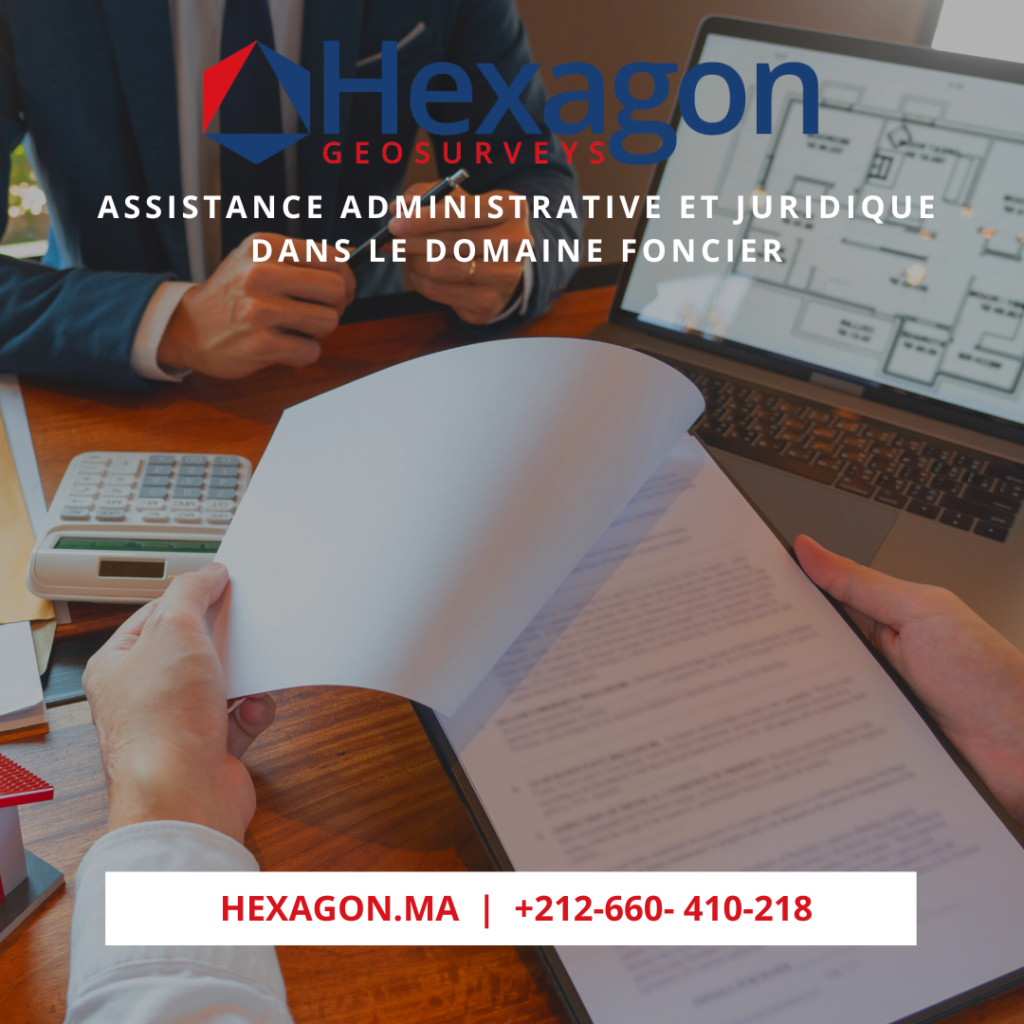
Quelles sont les précautions à prendre lors du versement d’avances ou de dépôts de garantie ?
Les précautions à prendre lors du versement d’avances ou de dépôts de garantie lors d’une transaction immobilière au Maroc sont les suivantes :
- Passer par un notaire : Au Maroc, il est recommandé de verser les avances ou les dépôts de garantie soit entre les mains du notaire, qui les consignera dans ses caisses et ne les versera au vendeur qu’après la réalisation de la vente, soit directement entre les mains du propriétaire. Le premier mode est considéré comme plus sécurisé car l’argent est conservé par le notaire.
- Sécuriser les paiements directs : Si les paiements sont effectués directement entre les mains du vendeur, il est recommandé de prendre des précautions supplémentaires. Par exemple, le paiement peut être effectué au moyen d’un chèque nominatif établi au nom du vendeur ou en espèces avec la remise d’un reçu égalisé pour sécuriser le versement.
- Établir un acte préliminaire : Il est conseillé de ne pas verser d’argent entre les mains du vendeur sans établir au préalable un acte préliminaire, tel qu’un compromis de vente, dans lequel le notaire consigne les fonds et prévoit les conditions de remboursement en cas de non-réalisation de la vente.
- Vérifier les procurations : Si une personne mandatée par le vendeur reçoit les paiements, il est important de s’assurer que la procuration est récente et spécifique à l’opération d’achat.
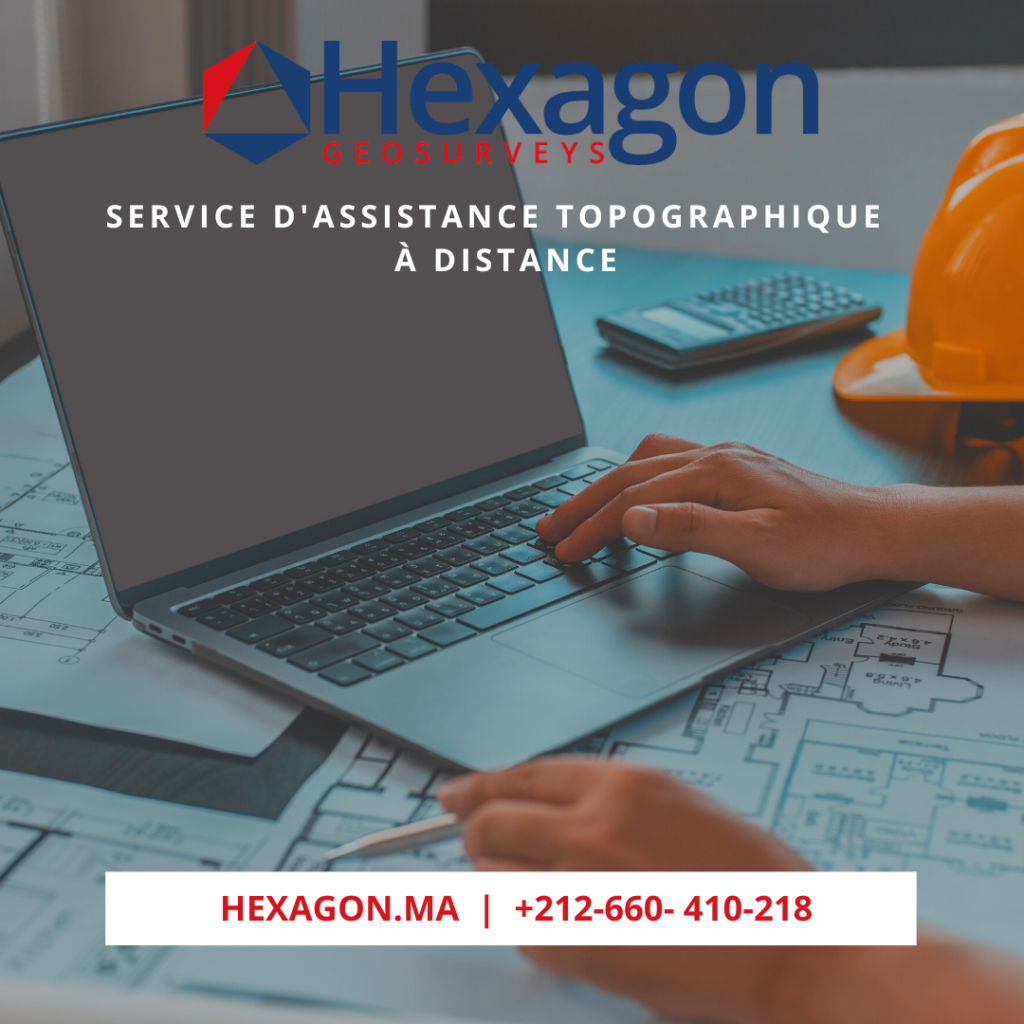
Quelles sont les procédures de choix d’un notaire au Maroc ?
Le choix d’un notaire au Maroc est un processus qui offre une certaine liberté aux clients. Lors d’une transaction immobilière, il est possible pour le client de sélectionner librement son notaire. Cette décision peut être prise en passant par une agence immobilière ou en traitant directement avec le propriétaire du bien. Ainsi, le client a la possibilité de choisir l’option qui lui convient le mieux.
Pour les étrangers, en particulier les ressortissants français ou les Marocains résidant à l’étranger, il peut être plus complexe de trouver un notaire approprié. Dans ces cas-là, il est conseillé de contacter le conseil régional, qui peut fournir une liste de notaires de la région. Cette liste permettra aux clients de faire un choix en fonction de critères tels que la proximité géographique ou d’autres préférences spécifiques.
La langue utilisée lors des transactions notariales est un autre aspect important à prendre en compte. Les notaires au Maroc parlent généralement français et sont en mesure de communiquer avec les clients français pour leur expliquer les détails des transactions. Cependant, conformément à la législation en vigueur, la rédaction de l’acte notarié doit obligatoirement se faire en arabe. Néanmoins, si les deux parties comprennent le français et préfèrent que l’acte soit rédigé dans cette langue, il est possible d’en faire la demande et de le mentionner expressément dans le contrat.
Le rôle du notaire au Maroc est primordial dans les transactions immobilières. L’acquéreur a le pouvoir de choisir son notaire, et les parties peuvent décider de se rendre chez le notaire du vendeur si elles le souhaitent. Il n’existe pas d’obligation légale de passer par le notaire du vendeur. Cette flexibilité permet aux clients de faire un choix en fonction de leurs préférences personnelles ou de leur relation de confiance avec un notaire spécifique.
En conclusion, le processus de choix d’un notaire au Maroc offre une certaine liberté aux clients. Les notaires marocains parlent généralement français pour faciliter la communication avec les clients français, mais la rédaction de l’acte notarié doit se faire en arabe selon la loi. Avant de procéder à une transaction immobilière, il est essentiel de se munir de pièces d’identité valides pour les parties concernées et des documents tels que le certificat de propriété récent et l’acte d’acquisition pour garantir la légitimité de la propriété.
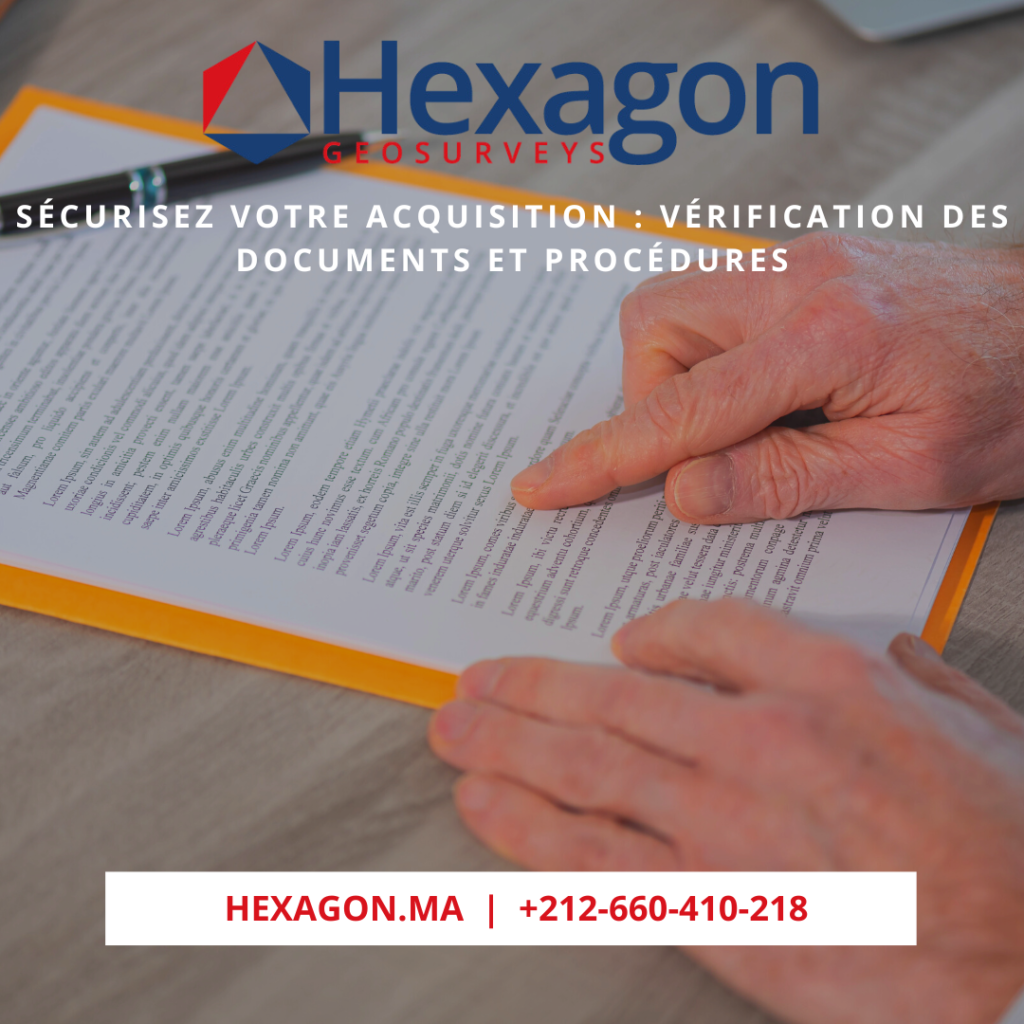
Quelle est la langue utilisée dans les transactions immobilières ?
Il est important de noter que la langue utilisée par les notaires au Maroc peut varier en fonction des circonstances. En général, les notaires marocains parlent français et peuvent s’exprimer dans cette langue pour expliquer les procédures et les termes juridiques aux parties françaises impliquées dans la transaction. Cependant, la rédaction des actes notariés au Maroc est une obligation légale en arabe. Si les deux parties, à savoir le vendeur et l’acheteur, maîtrisent le français et préfèrent que l’acte soit rédigé dans cette langue, ils peuvent en faire la demande au notaire, qui enregistrera leur accord dans le contrat.
Cependant, si l’une des parties impliquées ne parle que français (par exemple, un ressortissant français) et que l’autre partie ne parle que l’arabe, le contrat sera établi en arabe. Dans ce cas, il est possible de faire intervenir un interprète pour garantir une compréhension claire et sécurisée pour la partie ne comprenant pas l’arabe. Cette personne peut être un interprète assermenté ou une personne choisie par la partie qui ne maîtrise pas la langue arabe. Cette personne pourra expliquer en français les conditions et les clauses du contrat.

Quels sont les documents nécessaires ?
Les documents nécessaires varient en fonction de la nature de l’acte d’acquisition, mais il y a certains documents incontournables. Les documents liés à la personne comprennent généralement les pièces d’identité, telles que la carte d’identité et le passeport pour les étrangers. Si le vendeur est mineur, il faudra prouver qu’il a un tuteur et présenter un extrait d’acte de naissance et le livret de famille. Les documents inhérents aux biens dépendent de la nature du bien à vendre, mais il y a deux documents essentiels : le certificat de propriété récent prouvant la propriété du vendeur et l’acte d’acquisition pour vérifier l’origine de la propriété.
Pour éviter toute remise en cause fiscale du prix indiqué dans l’acte, au Maroc, l’administration fiscale a établi un référentiel des prix qui permet de s’assurer que le prix demandé correspond au référentiel publié. Cela évite les vérifications fiscales qui pourraient affecter le vendeur et l’acquéreur.
En ce qui concerne l’achat d’un appartement sur plan au Maroc, il existe des garanties similaires à celles en France pour les ventes en état futur d’achèvement. Il est important de s’assurer que le promoteur dispose de l’autorisation de construire avant de signer un contrat de réservation. Le paiement du prix se fait généralement par avance selon un échéancier lié à l’avancement des travaux.
Après la signature chez le notaire, il y a un processus administratif pour finaliser l’acte. Le notaire vérifie que toutes les formalités ont été remplies, que les impôts ont été payés et que l’acte est confirmé par l’État. Ensuite, le titre de propriété est envoyé aux clients, soit de manière immatérielle, soit sous forme de copie dématérialisée.

N’hésitez pas à nous contacter dès aujourd’hui par e-mail à [email protected] ou par téléphone/WhatsApp au (+212) 6 60 41 02 18. Nous serons ravis de discuter de vos besoins spécifiques et de vous fournir les conseils et l’expertise nécessaires pour réussir votre investissement .
Faites confiance à notre cabinet d’ingénieur géomètre topographe pour un accompagnement professionnel, transparent et sécurisé de votre projet d’achat au Maroc. À bientôt !

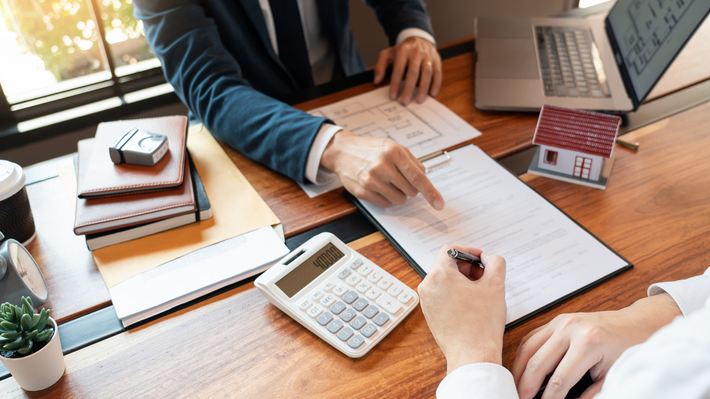
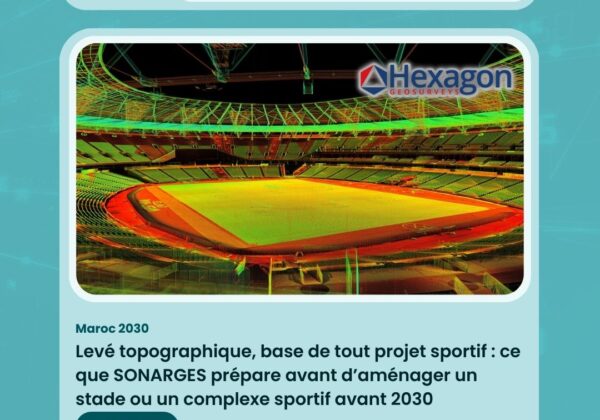
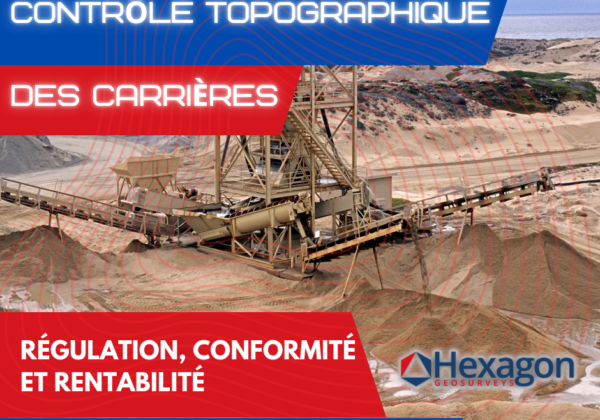
Bonjour,
J’aimerais acheter un appartement au Maroc.
J’aimerais bénéficier des réductions que le Roi Mohamed 6 appliquera le 1 janvier 2024.
Comment puis je faire ou comment doit je commencer à cette procédure.
Je n’ai aucun bien au Maroc donc je n’ai jamais été propriétaire. Je suis marocaine et j’ai ma carte identité marocaine mais j’habite à l’étranger.
Merci pour votre réponse
Merci d’avance
Bien à vous
Echatibi Yasmina
J’ai une maison duplex à agadir avec balcon terrasse jardin en face du grand stade adrar el qods agadir propriétaire immigré